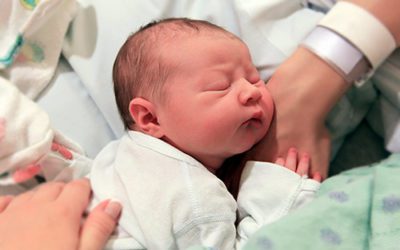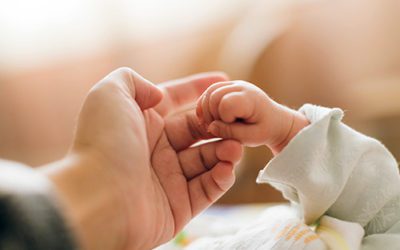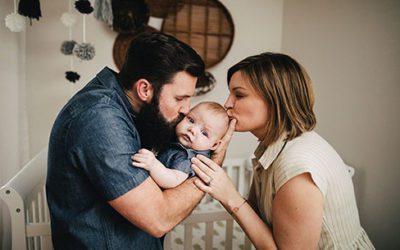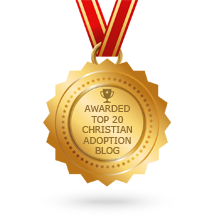Blog About Adoption
Welcome to Lifetime Adoption’s website blog about adoption. Lifetime Adoption is a domestic adoption agency with over 35 years of experience creating families through infant adoption. We specialize in domestic adoption, which generally involves adopting a newborn or child up to six. As one of the top adoption agencies in America, we’ve made the dreams of parenthood come true for thousands of couples across the nation.
Our founder, Mardie Caldwell, established Lifetime and our adoption website after experiencing the joy of parenthood through adoption. Caldwell designed Lifetime’s successful adoption program to be what she needed when adopting her son. Over 35 years later, her adoption program guides families through each step of the way, educating and preparing hopeful adoptive parents for their Lifetime Adoption. Caldwell is also an adoption author; she has written six books and created this blog about adoption.
Open adoption is the most common type of domestic adoption today. In a modern open adoption, the birth parents select the adoptive parents for their baby. They view profiles and talk with adoptive couples before making their choice. After the adoption placement, there is usually some form of contact, from sharing pictures and supplying updates on the child to in-person visits once a year. Both the birth parents and the adoptive parents come to an agreement about what the post-adoption contact will be. You can learn much more about what open adoption looks like by browsing our adoption website.
After deciding that they’d like to expand their family through adoption, most hopeful adoptive parents start prioritizing financial planning, researching adoption agencies, and reading up on open adoption. Lifetime’s blog about adoption covers articles on the adoption process, open adoption, parenting, financial, transracial adoption, and more.
Adoption can give you the family you’ve been praying for. It can be the most incredible journey and give you the greatest of blessings: a child of your own. As a hopeful adoptive parent, you’re able to provide a child with a happy, loving home. Read our adoptive families blog about adoption and get info on birth parents, what to expect in open adoption, adoption costs, and how to enjoy your adoption journey.
Lifetime can help you successfully adopt a baby or child, completing an Adoption for a Lifetime! To start with domestic adoption, you can complete our free application on our adoption website today. If you have questions, give us a call at 727-493-0933 and speak with one of Lifetime’s adoption professionals.
When Should We Get the Nursery Ready?
When couples are expecting a baby, getting the nursery ready is one of the top priorities. But when is the right time for adoptive parents to prepare the nursery? Should you wait until a birth mother has chosen you? What if you get the call at the last minute?...
Adopting a Newborn from the Hospital
What to Expect and How to Prepare The best day of your adoption process is here. After completing paperwork, going through the home study, and waiting – it's time to meet your baby! Adopting a newborn from the hospital is often the most anticipated event in an...
Domestic vs International Adoption: Which is Best for You?
If you're interested in adopting a child, you need to decide if you want to adopt internationally or domestically. There are significant differences between these two types of adoptions. So read on for some basics you should know about domestic vs international...
Adoption Fun Facts: 6 Things You Might Not Know About Adoption
If you're considering adoption, there are likely many things running through your mind. What will the adoption process be like? Which child will join our family? Will the child have a personality that does well in our family? There are many things to think about. But...
National Infertility Awareness Week
Every April, people across the U.S. recognize National Infertility Awareness Week with webinars, fundraisers, rallies, support group sessions, and the Walk of Hope. The mission of the week is to change the conversation about infertility and empower those facing it....
6 Creative Adoption Fundraiser Ideas
Many hopeful adoptive parents seek adoption financial assistance and hold fundraisers to help defray their adoption fees. And there are countless ways to contribute to your adoption fund besides checking into your employee adoption benefits, applying for...










